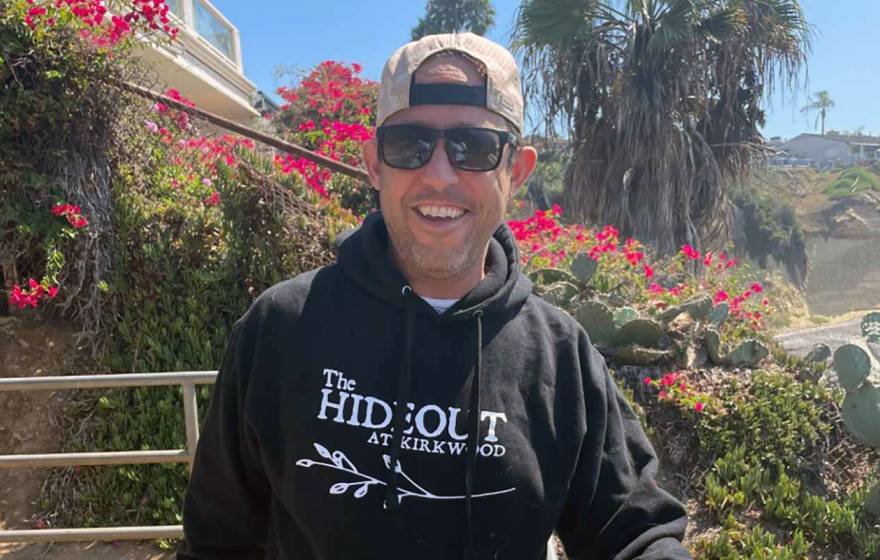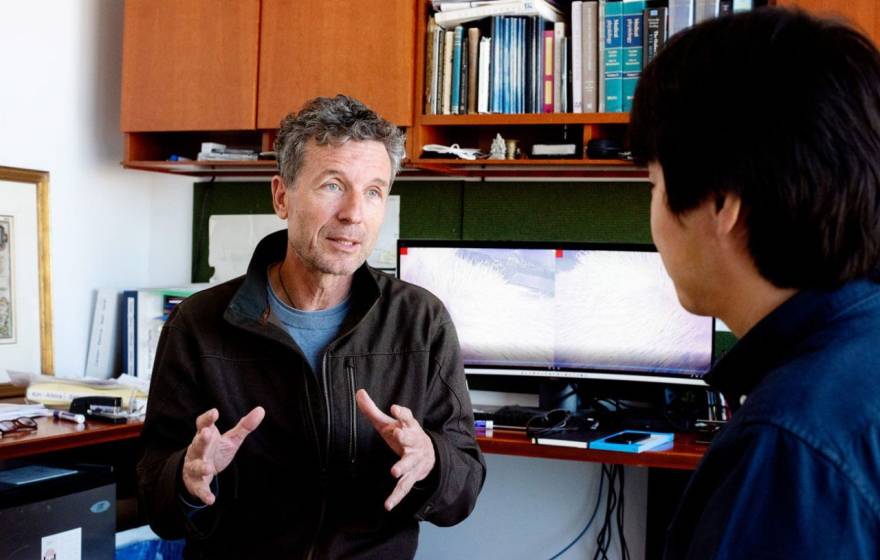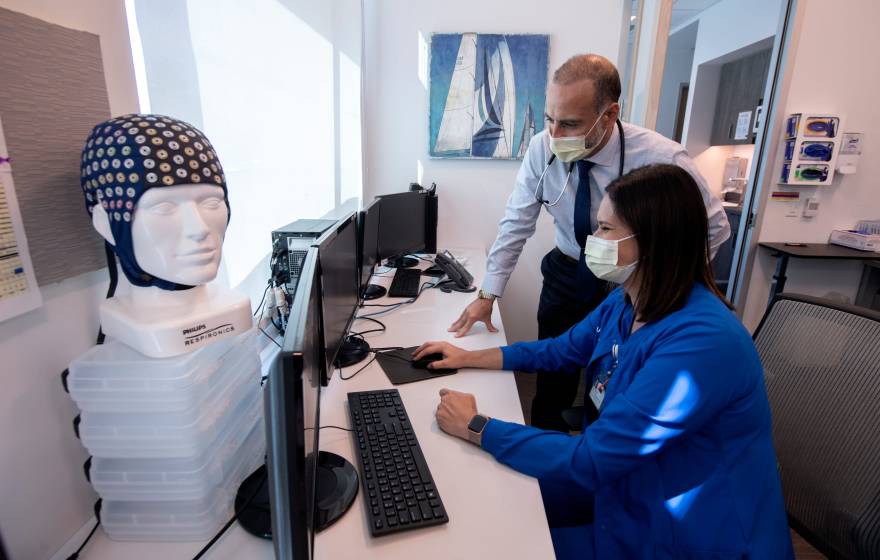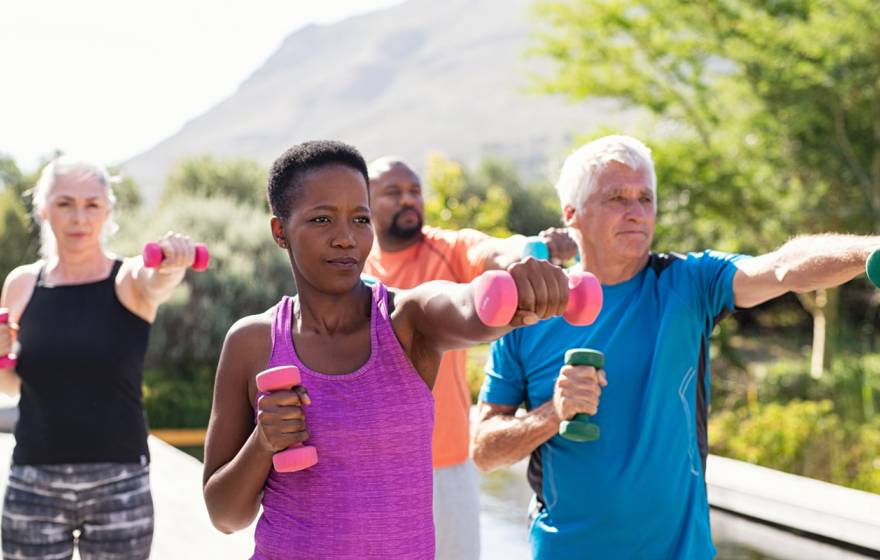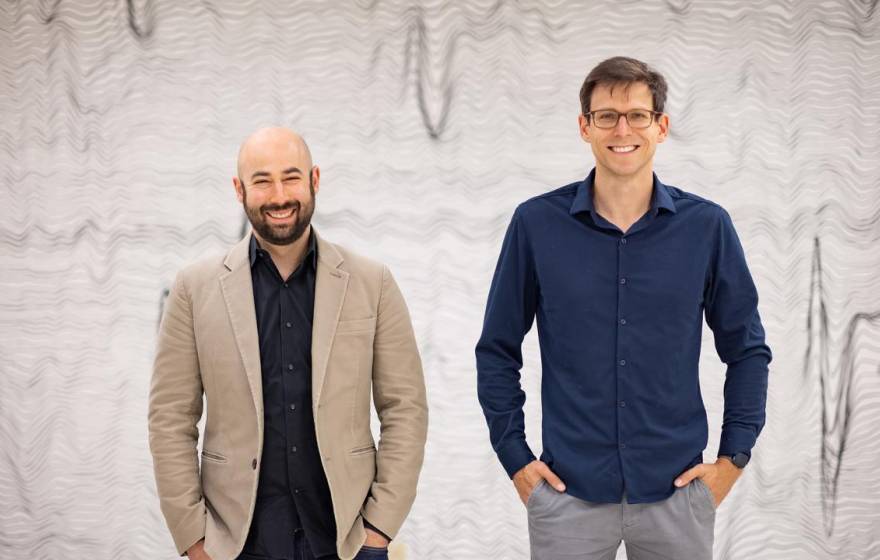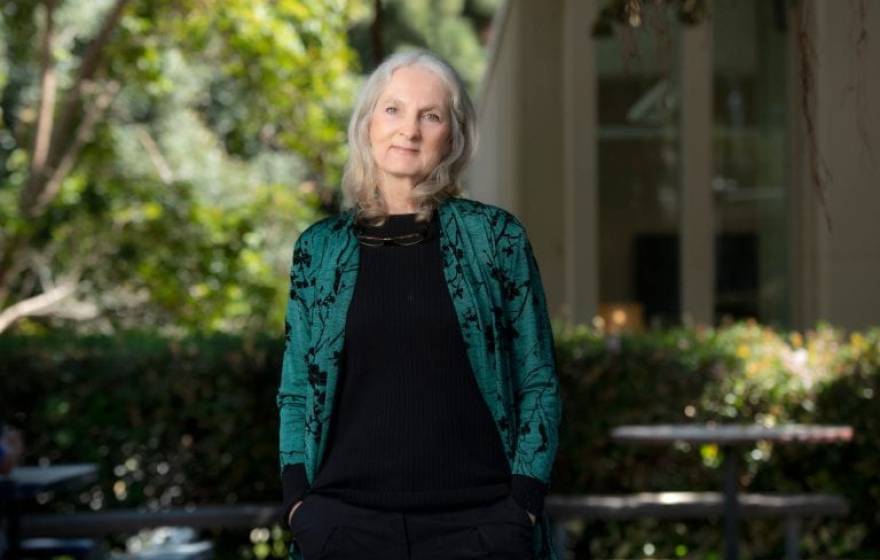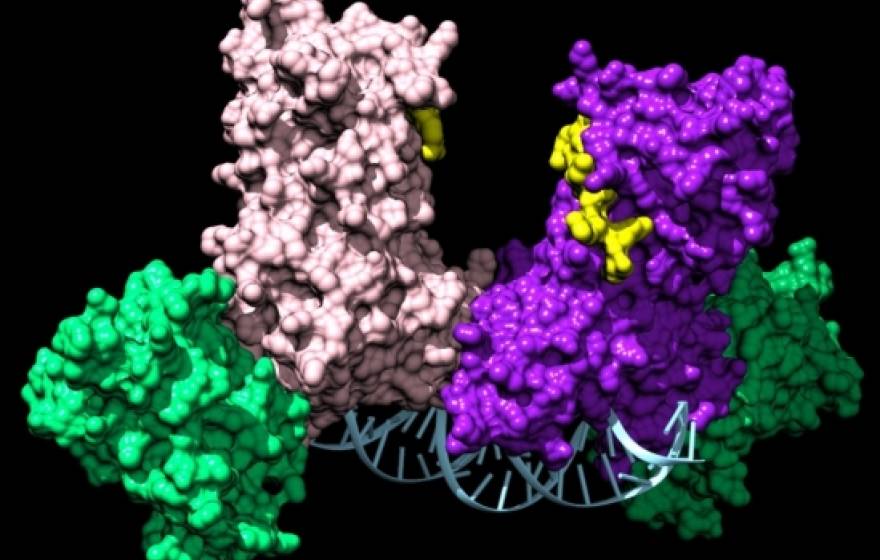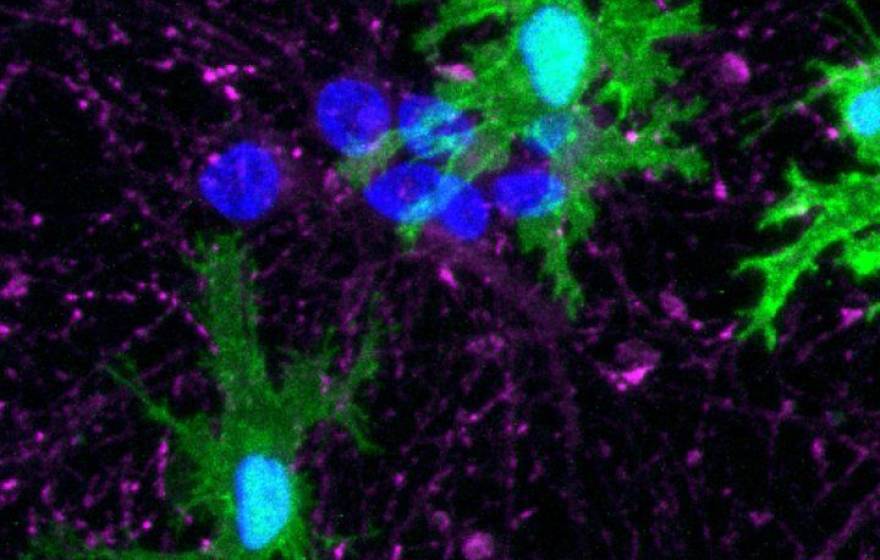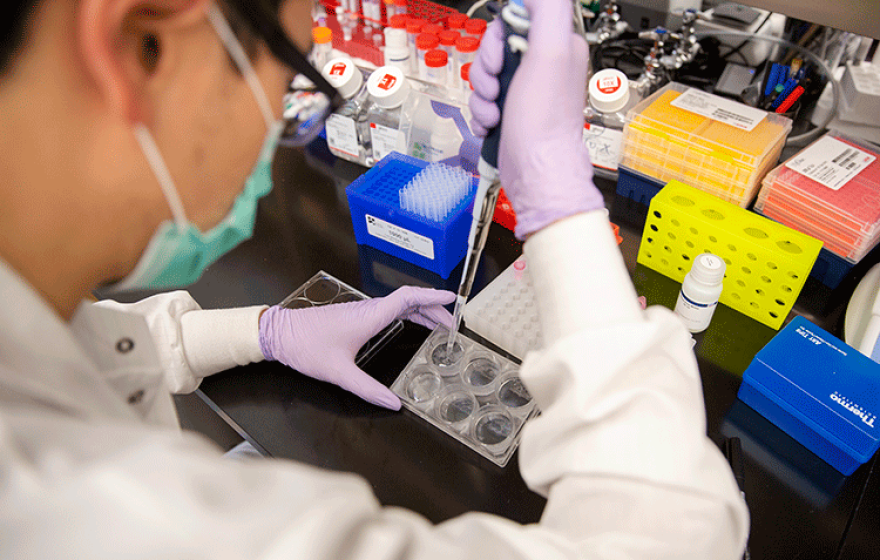UC San Diego |
Father’s life is saved after receiving heart, kidney and liver transplant
The triple organ transplant is the first in the nation to use three organs from a donor after circulatory death using an innovative approach for organ recovery.
UCLA |
These pesticides may increase cancer risk in children
UCLA-led research links prenatal exposure to specific chemicals to higher rates of eye cancer.
UCSF |
How our eye movements during sleep correspond to what we look at in our dreams
Multiple brain regions coordinate to conjure wholly imagined worlds in our sleep, study shows.
UC Berkeley Greater Good Science Center |
How we misunderstand anxiety and miss out on its benefits
How feeling anxious can give us motivation and insights about ourselves, if we respond to it the right way.
UC Irvine |
The sleep detectives
UCI Health’s one-stop Sleep Center treats slumber disorders of every stripe.
UC San Diego |
Physical activity may have a stronger role than genes in longevity
Can you extend your lifespan by exercise, no matter what your genetics say?
UC Davis |
Clinical trial aims to restore speech to those who lost it due to brain injuries
BrainGate2 will use brain implants and machine learning to ‘decode’ people’s intended speech.
UC Irvine |
UC Irvine study examines distorted time perception during pandemic
The distortion of time may be an important risk factor to target with early interventions for better mental health.
UC Santa Barbara |
A new kind of chemo
Researchers identify a new class of drugs that offer a safer, more targeted treatment for leukemia patients.
UC San Francisco |
Reprogramming the brain’s cleaning crew to mop up Alzheimer’s disease
New CRISPR technology puts diseased microglia back on track.
UC Berkeley |
New inhaled COVID-19 therapeutic blocks viral replication in the lungs
The experimental treatment is effective against all SARS-CoV-2 variants of concern and could be readily modified to target other RNA viruses.
UCLA |
How to stay safe in a heat wave
As temperatures rise, so does the risk of serious illness. Here’s how to protect yourself and your loved ones.
